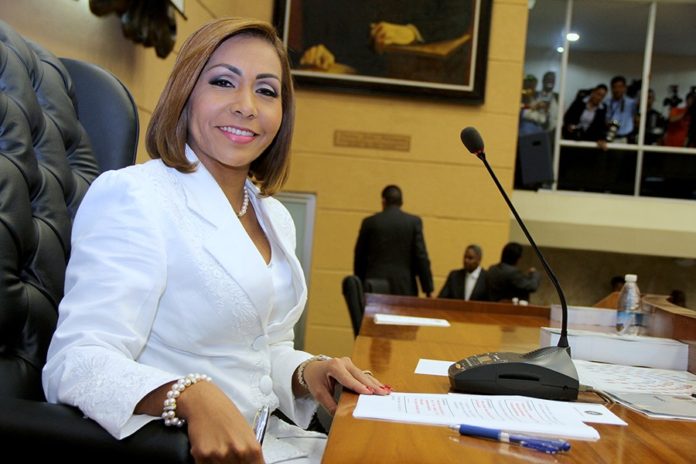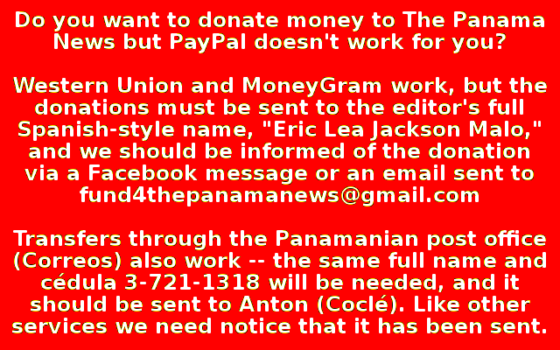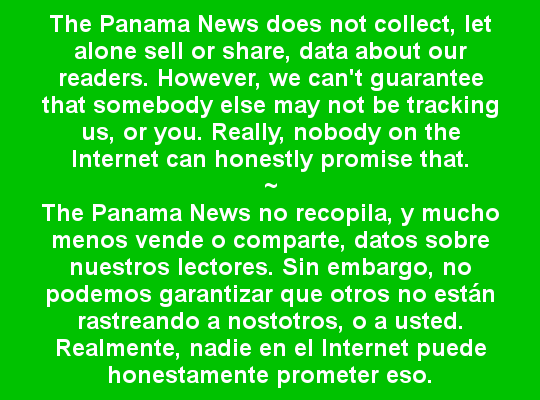
Parties and elections in 2019 — or is it just a mirage?
by Marco A. Gandásegui, hijo
The economic powers, after the destabilization caused by the 1989 US invasion, managed to find a balance between different political forces. Each of the three traditional political parties represent clans whose goal is to reach the presidency to share the wealth of the people. Despite all the obstacles introduced to the Electoral Code, there is still a kind of chaos in the struggle for political power. Although we know who the presidential candidates are, there are no polls that say who the favorites are.
As little is known, some companies have privately reported results of surveys that they have conducted. If the elections were in early January the PRD candidate, Laurentino Cortizo, would win with 36% of valid votes. Rómulo Roux, from the CD, would follow with 23%. Third would be José Blandón of the Panameñista Party with 13%. The FAD, the party of the popular sectors and its candidate, Saúl Méndez, would have 5%. The rest would be distributed among independent candidates. If Cortizo does not make mistakes (according to the criteria of the economic powers and the United States), he can win the May elections. If at any time the Cortizo track gets entangled, the experience of 2009 can be repeated. That’s when when Martinelli and Varela were summoned by the American Embassy to join forces to defeat the PRD’s Balbina Herrera. In 2019 that would be a combination between Roux and Blandón.
There is even a third option. If in the last stretch, the ‘traditional’ candidates lose the favor of the economic powers and Washington, they can raise the flag of the independent candidate Ana Matilde Gómez. In the end, the campaign can focus on ‘demonizing’ the traditional parties and their candidates by associating them with corruption, political patronage, deceits and even deaths that have occurred in 30 years of misgovernment. The economic powers have resources and networks with the capacity to create what seems to be chaos and, at the same time, it can make a mirage appear with the solution.
On a global scale, 2019 promises to be a very difficult year with tensions centered on the reaction of the US to the economic and geopolitical rise of the Peoples Republic of China. The effects of this struggle on Latin America are unpredictable. Brazil is sailing apparently rudderless and Mexico has a leader who thinks of his country for the first time in 80 years. Panama, in turn, faces the new year with elections in May and an economy that tends toward short-term stagnation.
Panamanian presidential elections offer no novelty. The economic powers and the US Embassy have limited the national debate to issues of no substance. From 1989 to now Panama has had six presidents, three political parties and a single government program: the neoliberal “Washington Consensus.” In May the same three neoliberal parties will clash. There will be a party representing the popular sectors — the FAD — and three independent candidates.
The three neoliberal parties — Partido Revolucionario Democrático (PRD), Cambio Democrático (CD) and Partido Panameñista — are considered “traditional'” since they are not only “neoliberals” they are also defined as “Pro Mundo beneficio.” They do not offer government programs to the extent that their proposals are known and practically written on stone. In the economic sphere, they promote flexibilization (informality) of the labor force and government regulation (intervention) which benefits the sectors that are part of the economic-financial power (transit, speculator and dispossessor). Socially, they favor reduction of public services (education, health, public safety, housing and others) that reduce income for the financial sector. Culturally, traditional parties promote globalization and its anti-national values.
Although they do not present government plans, traditional parties’ operatives consider it very important to monitor the behavior of the GDP and coordinate plans to administer the national budget. In close collaboration with the IMF and the World Bank, the political party that wins the elections arrogates the “right” to manage the budget by distributing the country’s wealth in a way that best determines the political correlation of forces. Although a large part of the citizens are not informed about the meaning of these elections, they sense it and do not want to miss out on some of the handouts that come with the so-called “election festival.”












